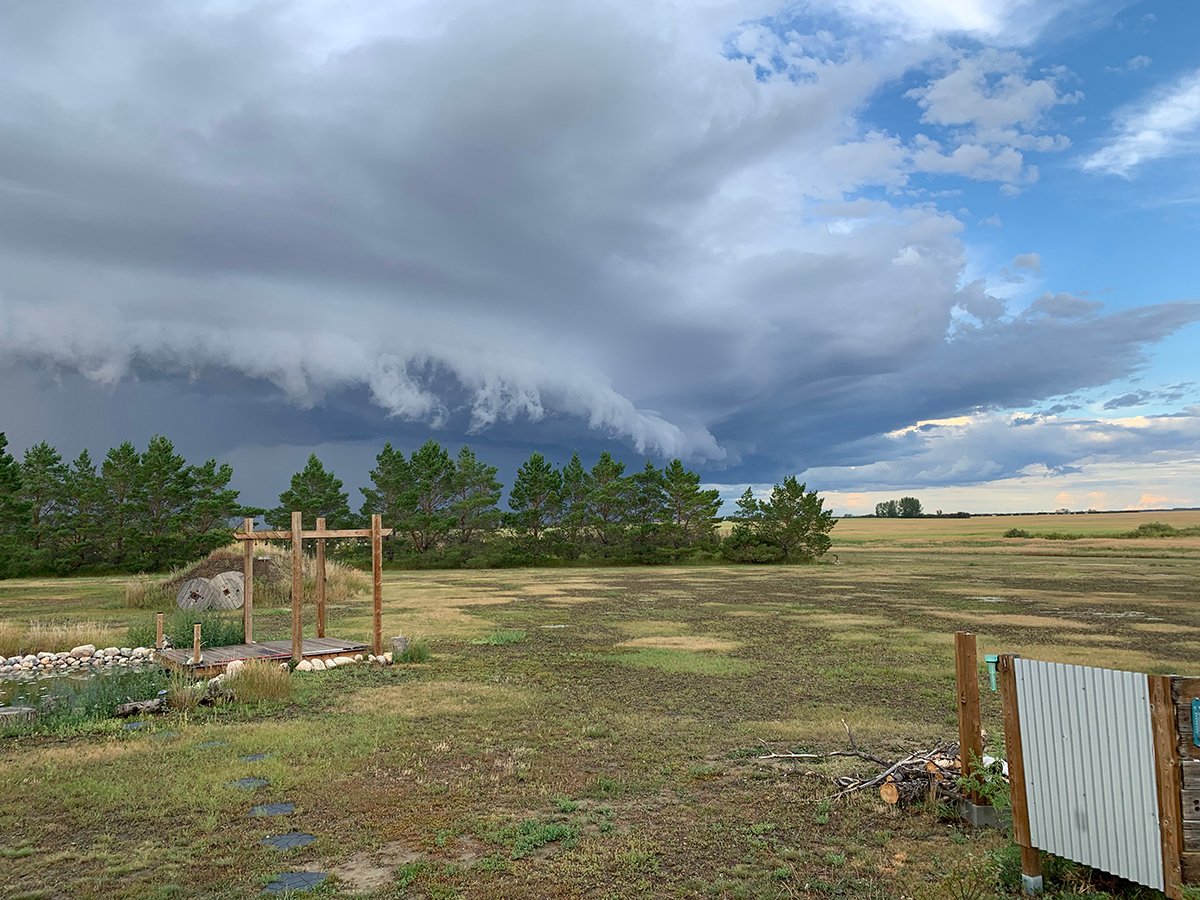MONHEIM, Germany – Already facing stiff competition from generics on the chemical side of its glyphosate tolerant canola business, Monsanto is about to be confronted with a rival on the seed side.
Biologists at Bayer CropScience have made progress on a new canola trait they hope will complement their InVigor line-up by 2010.
“We’re working on glyphosate tolerance. That is going to be the main (canola) trait until that time,” Joachim Schneider, head of bioscience, told reporters attending a conference at Bayer’s headquarters.
The company had already announced plans to launch its own glyphosate tolerant cotton in 2009-10. This was the first public mention that canola is also in development.
Read Also

Storm dynamics and extreme rainfall
Besides moisture, instability and orographic lift, the next biggest factor that contributes to heavy or extreme rainfall is storm dynamics.
But senior company officials talk even more enthusiastically about another canola trait that could be commercialized as soon as 2015.
Researchers have identified a gene that, when silenced through biotechnology techniques, reduces environmental stresses that can decimate crop yields by up to 80 percent.
“Numerous laboratory tests have demonstrated that these plants are better able to cope with dry conditions, intense light, heat and cold. And field trials in North America have shown that this approach can achieve large increases in the yield of canola plants,” said Bayer chair Friedrich Berschauer.
Michael Metzlaff, head of the crop productivity research group, could hardly contain his excitement when describing the discovery to reporters attending a biotechnology workshop put on by the German company.
“Our gene that we are working with responds to all these different stresses,” he said.
Bayer biologists have muted the activity of the PARP gene, the “central switching station” for stress reaction, to about half its normal level, allowing plants to respond to stress but preventing the exaggerated reaction that can lead to severe yield loss.
Canola is the first commercial crop where the stress tolerance trait has been field tested. The company has been conducting trials on Canadian experimental plots since 2005. Results have been encouraging.
When researchers exposed the plants in the summer of 2006 to artificial conditions of 45 C temperatures for nine days, followed by three more days of extreme heat combined with drought, the PARP reduced lines yielded 44 percent better than conventional canola.
“It’s very promising,” said Metzlaff.
Those results were achieved using a basic research line.
The trick will be to repeat that performance in Bayer’s high-yielding lines of hybrid canola. If they can do that, there could be a commercial version of the crop ready for Canadian growers by 2015.
Canola will be the first release but the seed company plans to use the technology in rice, corn and cotton crops as well.
The gene’s usefulness will not be limited to combating extreme heat and drought.
Researchers have visions of a frost tolerant canola that could be planted by Canadian farmers 14 days earlier than today’s varieties, a rice variety that can be grown in salty soil that would make over-farmed land useable again and plants that can survive a day under water, which could open up farmland in flood regions.
“We want to enable plants to achieve high, stable yields over long periods of time despite fluctuating environmental conditions,” said Metzlaff.















